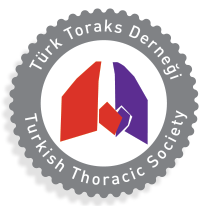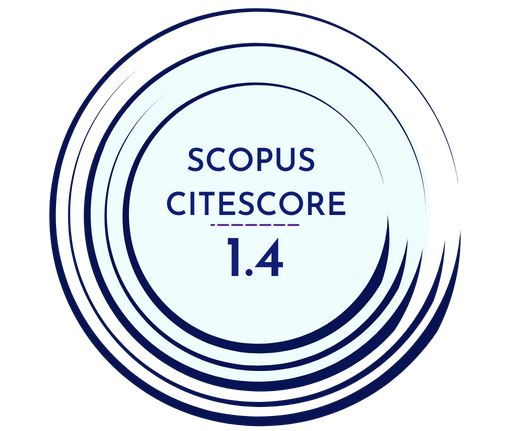Objectives: Proton pump inhibitors (PPI) are commonly used drugs for the treatment of gastrointestinal diseases. This frequent use also brings some risks with it. In this study, we aimed to investigate the rates of PPI use and the effect of PPI on the course of pneumonia in inpatient pneumonia cases.
Methods: The patients who were hospitalized in the Chest Diseases Department with the diagnosis of pneumonia between January 2018 and December 2018 were examined for history, clinical and laboratory findings. The patients were divided into subgroups as with and without PPI. The relation of PPI with clinical and laboratory parameters, especially mortality, was evaluated.
Results: A total of 130 pneumonia patients were included in the study. The mean age of the patients was 68.7 (17-96), and 70 (53.8%) were male, 60 (46.2%) were women. While 42 (32.3%) cases were using PPI, 88 (67.7%) patients did not. Of the cases, 72.3% were community-acquired pneumonia (CAP), 20.8% were health care associated pneumonia (HCAP) and 6.9% were hospital-acquired pneumonia (HAP). For PPI users and non-users, these rates were 61.9% and 77.3% for CAP, 23.8% and 19.3% for HCAP. and 14.3% and 3.4%. for HAP, respectively. CAP was found to be higher in non-PPI users than in users, whereas HCAP and HAP was higher in PPI users when compered to compared to non-PPI users. The most frequently detected microorganism in sputum culture was pseudomonas (5.7%) in those who did not use PPI while it was acinetobacter in those using PPI (7.1%). Mortality in patients who did not use PPI was 3.4% while mortality was 11.9% in PPI users and this difference was very close to statistical significance (p=0.059).
Conclusion: The use of PPI in pneumonia cases increases the rate of HCAP and especially HAP. Mortality is increased almost significantly with PPI use indicating that unnecessary use of PPI should be avoided.



.png)
